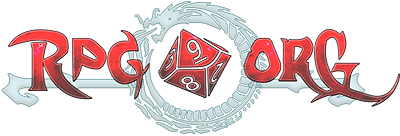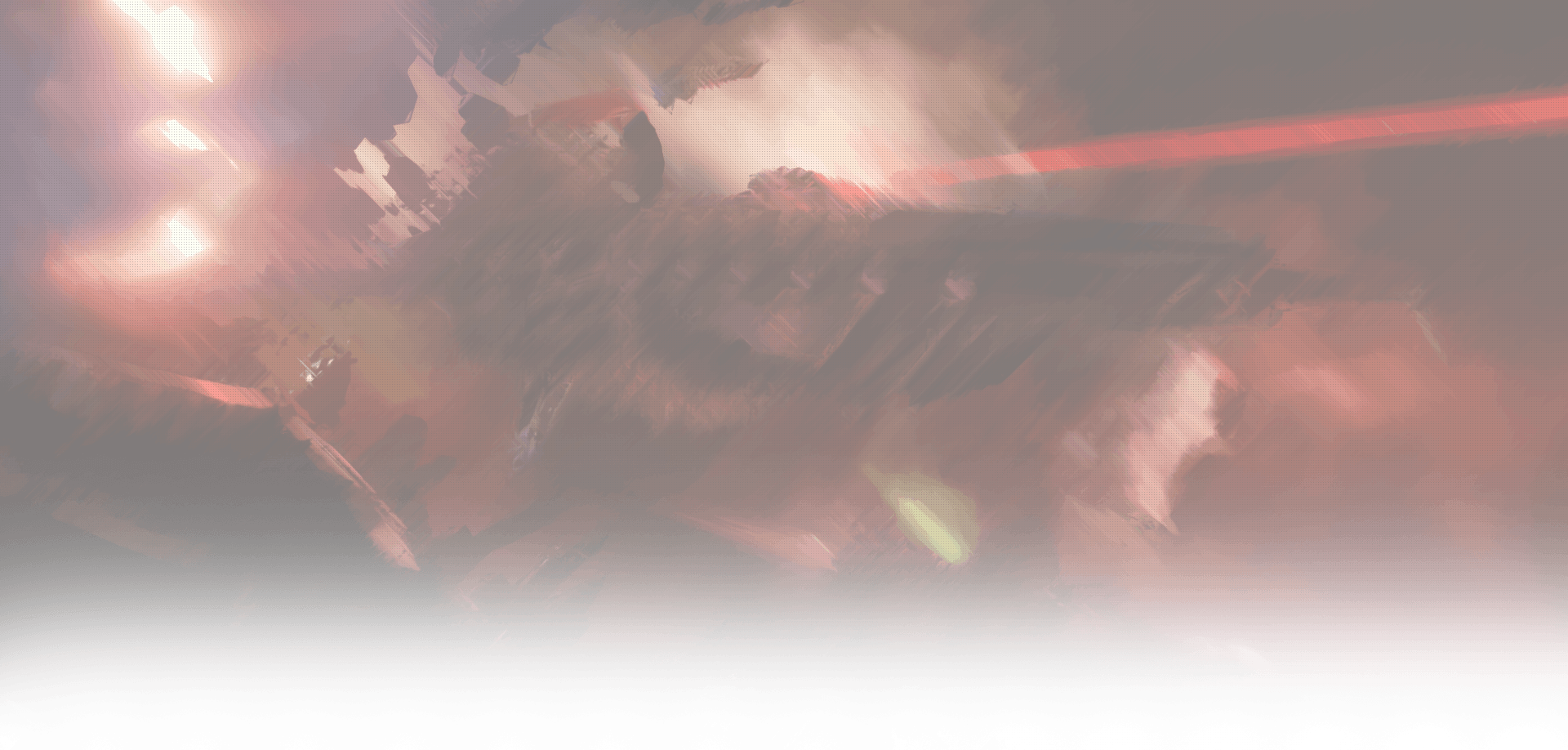Last time I started to talk about the rewarding work of turning a new would-be-player into roleplayer to your playing group. In the previous part I shared my ideas ,that what should yo do and what should you avoid before the fateful first gaming session.
You may find the first part of the article here.
Now I want to talk about what to do during and after the gaming session. I hope you will find these suggestions useful.
I think we could all agree that the Game Master's main responsibility (above governing the rules, playing NPC-s and keeping the game's world alive) is to make his players happy. This is the most important thing you should keep in mind, as you have the most power to make or brake any adventure. And this is even more true if you have a newbie in the team.
Since it's you who will represent RPG in itself - the rules, the encounters, the world... practically everything – he will most likely base his opinion about roleplaying mostly on what you do. Luckily, I think if you followed my ideas from the first article you may already collected some “good karma”.
Now I'm trying to collect some ideas again, which may help you while you are Game Mastering to our newbie :
- Patience : This is rule number 1 ! Except if your player turns out to be totally unbearable moron then you must be patient during his first steps. Even if he ask the same question 5 times, or if he continuously try to do thing which are impossible in the game. Simply put, everybody needs time to learn.
- Step by step approach : You shouldn't start the adventure with an encounter with a dozen different rules in effect, no matter how awesome the encounter is. Introduce rules one by one with a slow pace, because if your newbie lose track early in the game he will be really frustrated.
- Keep the rules : For the most part you should stick to the rules, and don't house-rule every single encounter, even if you used to. He should have a chance to learn the rules anyway !
- Explain the rules : If you use a rule during the game talk about it ! “for stealth you roll d20+your skill”, “to cast the spell you spend 3 MP from your pool”. Keep the explanation short, as it should be a gaming session and not rules lesson.
- Be clear : It's not only the rules you must explain. While your veteran players know that what is it mean if one of the NPC-s is a “rigger”, “jedi” or “inquisitor” your newbie doesn't. It's also expands upon if you do something which shouldn't be explained rules-wise, like hidden rolls at the moment. You should not tell why you asked for a hidden roll, but you should explain that what's it's function generally in a game.
- Saying yes to your player : If your new player has an idea which is plausible but it's not covered by the rules enable it! Of course, I think you should do the same every time when you are the Game Master, not just when you have a newbie. But don't enable totally ridiculous ideas, in that case explain why it's unacceptable.
- Saying no to your player : Talking about ridiculous ideas, don't enable them in the gaming session, even there is no game rule against it! A lawful good paladin or a superhero shouldn't slay innocents, or a vampire shouldn't walk under the sun because he has enough damage resistance to survive it for no reason.
- Keep on going : Don't bog down yourself with lengthy rule-lawyering or overextended background data. Keep it short and clean, for two reasons: your old players will be annoyed as hell,and your newbie won't experience RPG in it's full glory if you stuck.
Option : Handouts
It's strictly optional, but if you could provide some player aids to your player don't forget about it ! Several short pages about the basic rules and combat should do in most cases. It should be easy to understand and read (no cross-referencing tables filled with vast RPG terminology) and no more than 6 pages.
I think 1-3 A4 page should be enough for most roleplaying games. Option : Veteran MentorIf it's possible ask one of your players to help the newbie. A good mentor could help his fellow player both with in-game and out-of-game support, as well as taking of some pressure from you.
By out-of-game support I mean some help with the rules, and by out of character suggestions on what to do, and how to do that. This is especially helpful in investigation mission,s when you (the GM) shouldn't give away ideas.
The in-game support is something your mentor do with his character. If the characters are partners he may ask the other character to do something, or order him if he is a superior. Or he could present some role playing opportunities to your newbie by asking his opinion during a social encounter or drawing upon his in-game expertise. This is also helpful, as most newbies tend to be shy is such encounters.
The mentor's character should have some connection to the new character if possible. They could be veterans from the same war, sharing some common interest or belief, or they could be a jedi master and his padawan... it doesn't matter. AftermathSooner of later your gaming session is coming to an end, but this don't mean your work is finished. There is an aftermath !
After the game you should discuss with your new player again. You should ask if he enjoyed the session and if he understood the rules. If he doesn1tunderstand something this is the time to explain things like complicated rules in detail.
You may also take time to explain some of your decisions during the game (or some of the NPC-s decisions) as well as anything he should/could know and you think it's worth mentioning.
Maybe this time he won't turn you down if you offer that Core Rulebook of yours to read before the next session.
You should also talk with your other players about the newbie. Do they accept him ? Do they have any suggestions ?
If everything went good, hopefully you gained a new player by this point.
Zoltán “Cain” Mészáros


